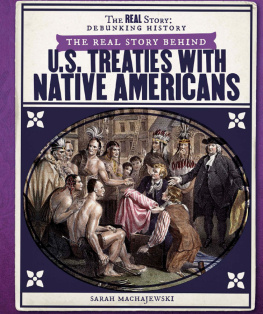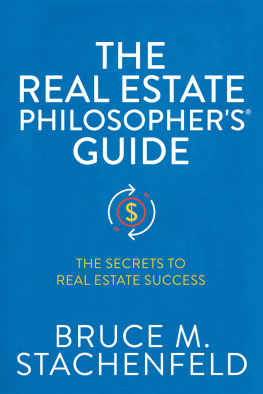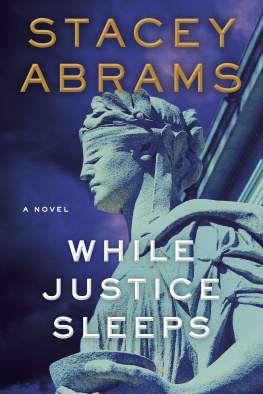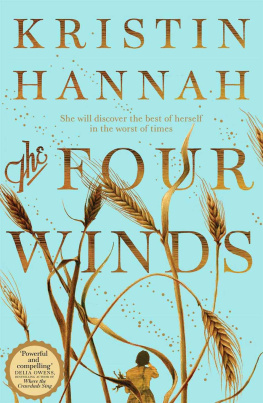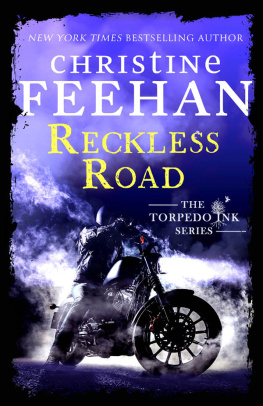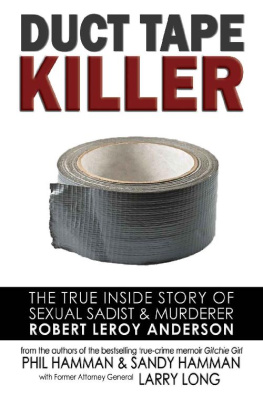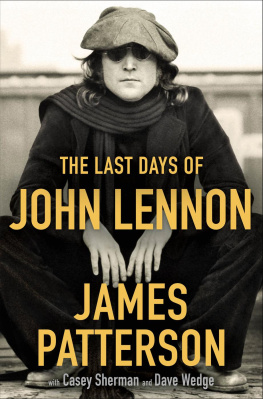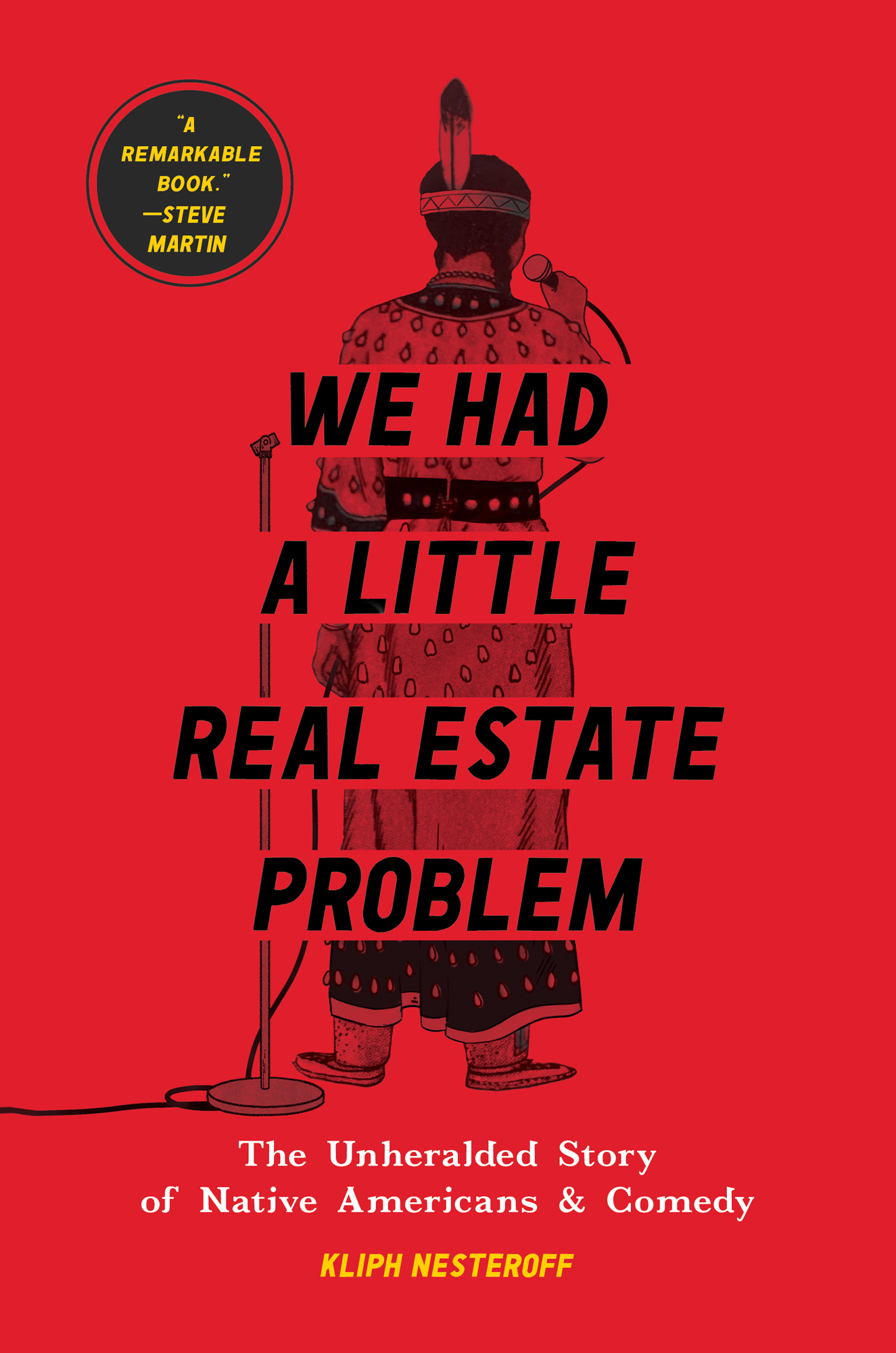Contents
Guide

Simon & Schuster
1230 Avenue of the Americas
New York, NY 10020
www.SimonandSchuster.com
Copyright 2021 by Kliph Nesteroff
All rights reserved, including the right to reproduce this book or portions thereof in any form whatsoever. For information, address Simon & Schuster Subsidiary Rights Department, 1230 Avenue of the Americas, New York, NY 10020.
First Simon & Schuster hardcover edition February 2021
SIMON & SCHUSTER and colophon are registered trademarks of Simon & Schuster, Inc.
For information about special discounts for bulk purchases, please contact Simon & Schuster Special Sales at 1-866-506-1949 or .
The Simon & Schuster Speakers Bureau can bring authors to your live event. For more information or to book an event, contact the Simon & Schuster Speakers Bureau at 1-866-248-3049 or visit our website at www.simonspeakers.com.
Interior design by Carly Loman
Jacket design by Thomas Ryan Redcorn
Library of Congress Cataloging-in-Publication Data
Names: Nesteroff, Kliph, author. Title: We had a little real estate problem / by Kliph Nesteroff.
Description: First Simon & Schuster hardcover edition. | New York : Simon & Schuster, 2021. | Includes index. | Summary: From renowned comedy journalist and historian Kliph Nesteroff comes the underappreciated story of Native Americans and comedyProvided by publisher.
Identifiers: LCCN 2020020301 (print) | LCCN 2020020302 (ebook) | ISBN 9781982103033 (hardcover) | ISBN 9781982103057 (paperback) | ISBN 9781982103064 (ebook)
Subjects: LCSH: Indian comediansUnited StatesHistory. | Indian ComediansCanadaHistory. | Indians of North AmericaSocial conditions.
Classification: LCC E98.C67 N47 2021 (print) | LCC E98.C67 (ebook) | DDC 970.004/97dc23
LC record available at https://lccn.loc.gov/2020020301
LC ebook record available at https://lccn.loc.gov/2020020302
ISBN 978-1-9821-0303-3
ISBN 978-1-9821-0306-4 (ebook)
Authors Note
There was a stand-up special ten or fifteen years ago called Welcome to Turtle Island. It used to rerun on Canadian television all the time. It was a modest show with a low budget and no big names, but it had the unique distinction of an all-Indigenous lineup. It was the first of its kind.
At least three different Native comedians have told me that they were inspired to enter the stand-up racket after seeing that special. That seems like a pretty strong argument for proportional representation in mediaand the effect that such representation can have.
I grew up in western Canada where First Nations issues were frequently in the news. The news was usually about land. The province of British Columbia was not the result of some ancient land deal brokered between the king of England and the Indigenous peoples who were already there. To the contrary, in a move now seen as a violation of international law, colonial powers moved in; laid claim to the land; established extensive logging, mining, and petroleum operations; subjugated the population; and established a British colony. British Columbia was established as a land heist. No treaty was proposed nor considered nor signed. The land was never ceded. It might be the longest-running squat in history.
As a kid I frequently saw George Manuel, the president of the Union of BC Indian Chiefs, discussing this discrepancy on television. He would accuse the government of violating the law and would inform viewers about something called the Doctrine of Discovery. He responded with wry bemusement as non-Native journalists baited him, trying to play devils advocate. They knew little of land title, less of residential boarding schools, and nothing about intergenerational trauma, but they acted in a smug and condescending manner. They refused to believe Manuel when he told them that mining companies had poisoned the drinking water in Native communities all across the country and that the government had covered it up. And when he underscored that the provincial government of British Columbia had no title to the land, they laughed in his face. But it was obvious George Manuel knew what he was talking about: he who holds the land holds the wealth.
Decades later, I was working in a Vancouver neighborhood known colloquially as the Downtown Eastside, employed as a mental health worker and advocate for the hard to house. Most of the people I encountered on a day-to-day basis had gone through some stage of Canadas brutal residential school system. In the darkest chapter of Canadian history, Native children were abducted by the federal government en masse, removed from their homes by white police, and transferred to industrial schools. The children were forbidden to speak their own languages and denied visits from family members. Parents were given no choice in the matter. Those who resisted were arrested, imprisoned, or killed. The children were routinely beaten and tortured. Where other schools had playgrounds, residential schools had cemeteries. It continued for a good hundred years until the final school was shut down in the 1990s. Survivors were left with severe trauma, the ramifications of which I could witness every single day in the Downtown Eastside. Heavy, heavy stuff. The fact that many survivors could still find a way to laugh or joke was nothing short of remarkable.
Ten years ago I left British Columbia for California. I moved from a place with a fair amount of Native representation on television to a place where it is essentially absent. Even in Hollywood, where diversity is a mantra, Native Americans are seldom included. Even to me, a non-Native, this seemed preposterous.
We Had a Little Real Estate Problem does not include every Native comedian working today, but a cross section of comics representing a diverse range of styles and backgrounds. More than fifty people took part in this project, and I am grateful for their participation and trust.
Obviously First Nations and Native American peoples should be in charge of their own stories without the interference of non-Native interpretation. For this reason an effort has been made to quote each comedian at length and let them speak for themselves. Ive worked with Jessica H. L. Elm, MSW, PhD, of John Hopkins University, to lend an Indigenous perspective to the manuscript. A citizen of the Oneida Nation and a descendent of the Stockbridge-Munsee Band of the Mohicans, Elm is also huge fan of the late Charlie Hill, the revered Oneida comedian.
To this day Charlie Hill is the only Native American stand-up to have appeared on The Tonight Show, but as the scene profiled in this book makes clear, its only a matter of time until that changes. Hill performed on The Tonight Show Starring Johnny Carson, Late Night with David Letterman, The Richard Pryor Show, and The Arsenio Hall Show. Telling jokes from a Native point of view, he inspired a whole wave of young Indigenous kids to enter the stand-up realm. The extent of Charlie Hills influence is only now becoming clear. The many comedians in this book mention his name frequently. Charlie Hill is the perfect example of the enduring effect representation can have. It is for this reason we have chosen the title We Had a Little Real Estate Problem. It is the punch line to Charlie Hills most famous joke.
My people are from Wisconsin. We used to be from New York.


